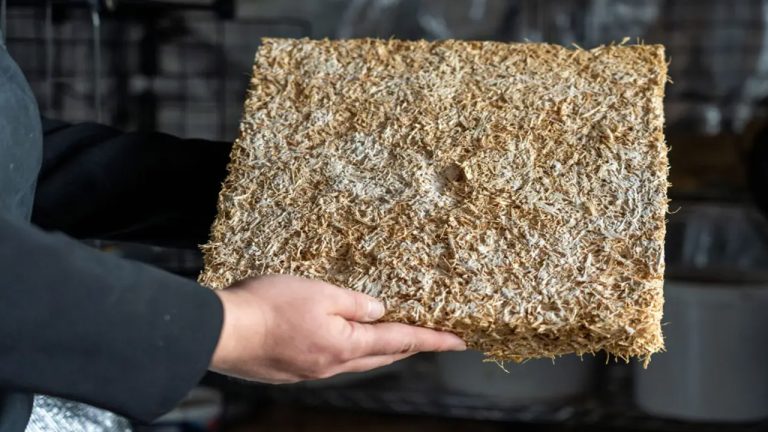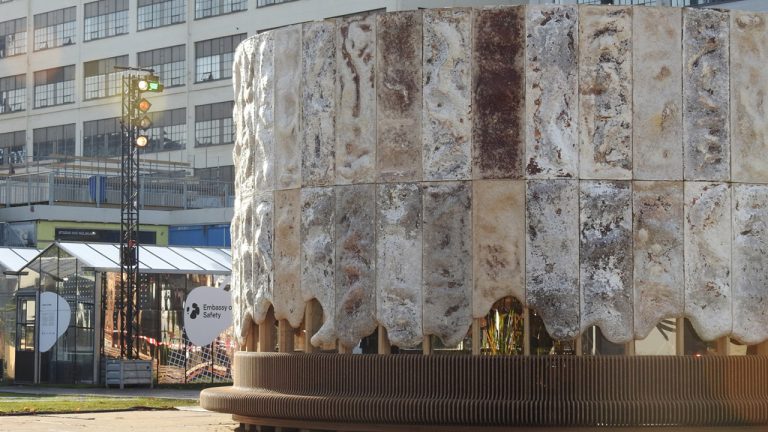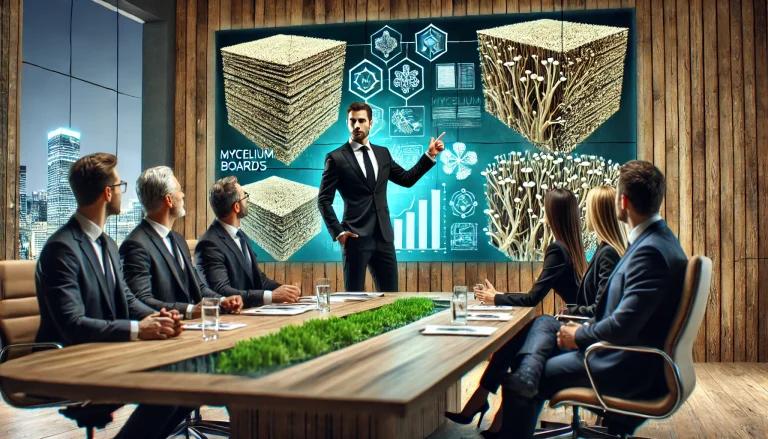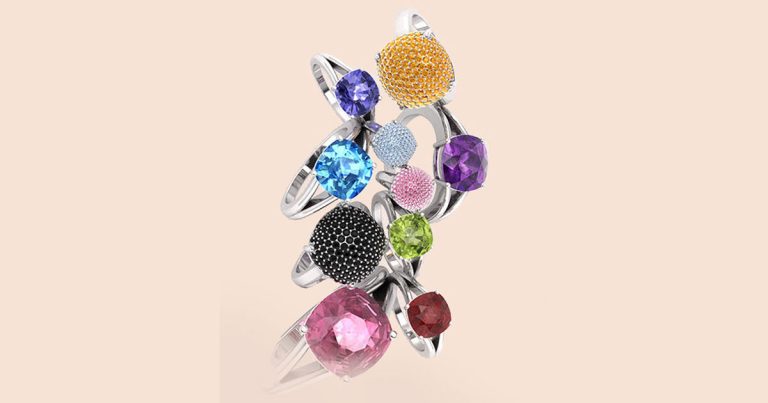
Challenges and Regulatory Barriers in Using Bio-Based Materials in Canadian Construction
Bio-based materials, including mycelium boards, are increasingly recognized for their sustainability benefits in construction. They reduce carbon footprints, enhance energy efficiency, and promote circular economy principles. However, widespread adoption in Canada is constrained by regulatory and compliance challenges. Architects, developers, and policymakers must navigate building codes, safety standards, and approval processes to integrate these materials effectively.




